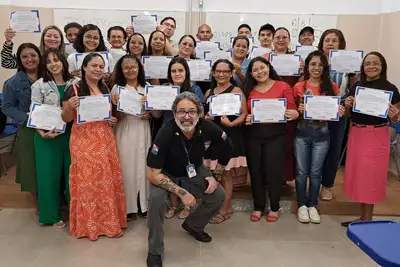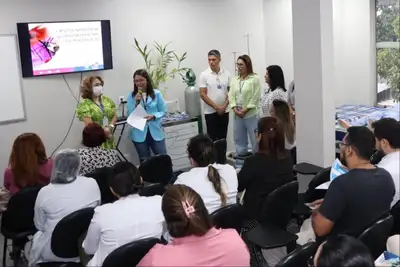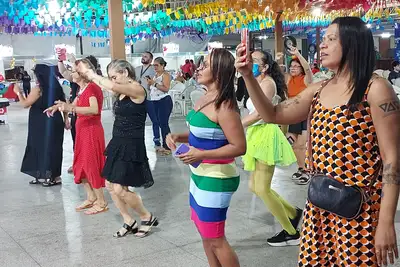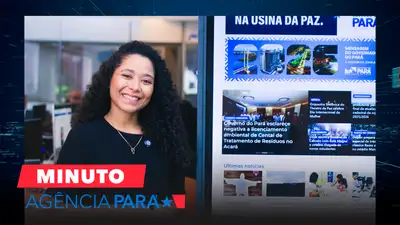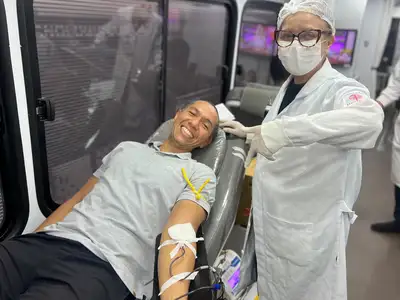Ideflor-Bio guides managers on the creation and strengthening of conservation units
The seminar 'Pará Municipalities in Climate Balance' prepares residents of Pará for the expansion of environmental protection and the reinforcement of sustainable policies
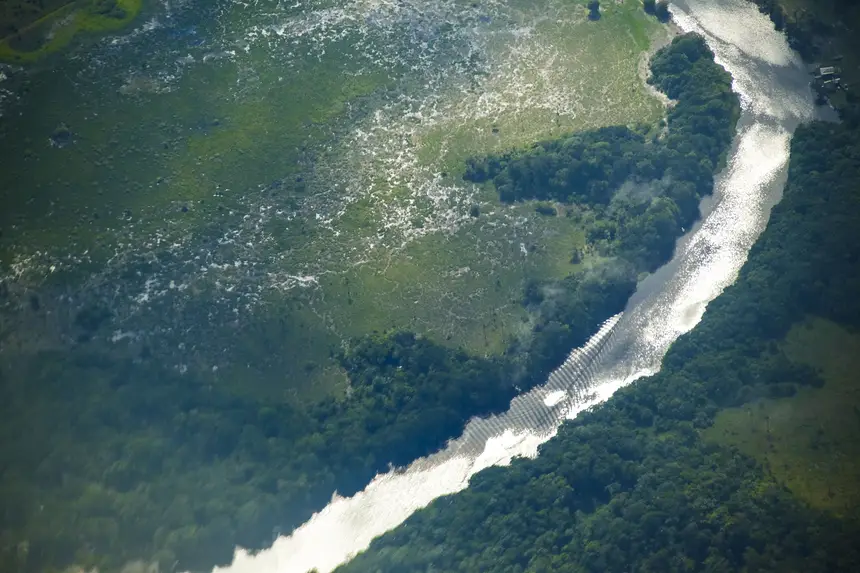
Six days before the start of COP 30 (30th United Nations Climate Change Conference), next Monday (10), which will place Belém at the center of global discussions on environmental issues on the planet, the Institute of Forest Development and Biodiversity of Pará (Ideflor-Bio) will hold, on November 6 and 7, the seminar “Pará Municipalities in Climate Balance.” The event will take place from 8 am to 1 pm at the agency's auditorium in Belém, bringing together Environment Secretaries, public managers, environmental technicians, and leaders from 48 municipalities in Pará.
Coordinated by the Biodiversity Management Directorate (DGBio), the initiative aims to guide municipalities in the application of the State Policy for Conservation Units (PEUC) and the State System of Conservation Units (SEUC). The seminar proposes a space for technical and strategic dialogue to strengthen environmental management in these locations, an essential theme given the challenges posed by climate change.
The president of Ideflor-Bio, Nilson Pinto, states that the event reinforces the decisive role of municipal administrations in protecting the Amazon. “Local environmental management is the foundation of a living Amazon. When the municipality understands its territory and adopts sustainable practices, it directly contributes to regional and global climate balance,” he emphasizes.
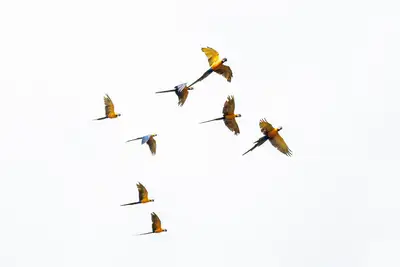
Technical Guidelines – The director of Biodiversity Management at the Institute, Crisomar Lobato, explains that the meeting will detail the process of creating and regulating municipal conservation units, focusing on the legal, normative, and administrative requirements demanded by state and federal legislation. “The seminar seeks to bring municipalities closer to Ideflor-Bio, presenting the guidance roadmap for the creation of municipal nature conservation units and strengthening environmental governance at the local level,” he states.
Currently, Pará has 42 municipal conservation units, managed by municipal environment secretariats. Of these, 19 are of Integral Protection, totaling 4,442.86 hectares, and 23 are of Sustainable Use, covering 83,577.03 hectares — totaling 88,019.89 hectares of protected areas. Of this total, 13 were created with technical support from Ideflor-Bio, highlighting the importance of joint action between the state and municipalities.
Debates and Experiences – The program for the first day includes the official opening, with the presence of president Nilson Pinto and representatives from the State Secretariat for Environment, Climate and Sustainability (Semas), the Land Institute of Pará (Iterpa), and the Environment Secretariat of Abaetetuba. Following this, there will be lectures on the PEUC and SEUC, presented by Nilson Pinto, and on the Project to Support the Creation of Municipal Conservation Units, with Crisomar Lobato. The morning will conclude with a panel of municipal experiences, gathering managers from Igarapé-Açu, Salvaterra, Bragança, Concórdia do Pará, and Bujaru, who will present practical cases and local challenges.
On the second day, the program will continue with lectures on financing instruments and incentives for conservation, such as the Green ICMS, the Environmental Compensation Fund (FCA), and the State Forest Development Fund (Fundeflor). Topics such as national and international financing and ecotourism as a strategy for sustainable use of conservation units will also be addressed, with a highlight on the lecture “Trails as an Ecotourism Strategy in Conservation Units,” presented by Júlio Mayer.
The highlight of the seminar will be the collective construction panel, a moment when participants will consolidate recommendations and joint proposals for strengthening municipal conservation policies. The synthesis of the debates will be conducted by Ideflor-Bio's management advisor, Lena Pinto, during the official closing.
Experience in Practice – In addition to the technical content, the event also proposes an optional field activity: a guided visit to the Utinga Camillo Vianna State Park, one of the main conservation units in urban areas of Brazil. The visit will allow managers to practically learn about the management and ecotourism models implemented by Ideflor-Bio.
“Our expectation with the seminar ‘Pará Municipalities in Climate Balance’ is to reaffirm Ideflor-Bio's commitment to technical training, institutional strengthening of municipalities, and the conservation of Amazonian biodiversity. The action integrates the agenda of the Government of Pará for COP30 and reinforces the vision that sustainability begins in local territories,” concludes president Nilson Pinto.
For more information about the event and other actions of Ideflor-Bio, visit the official profile of the Institute on Instagram: @ideflorbio.





